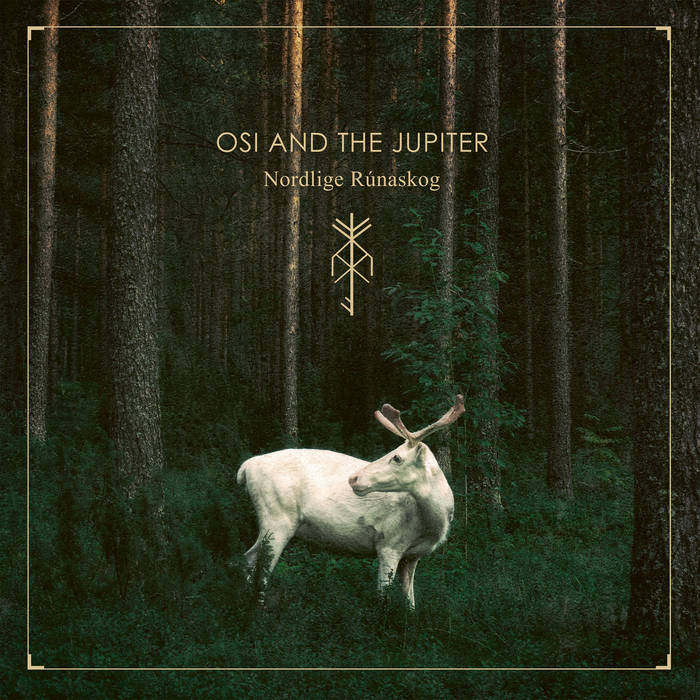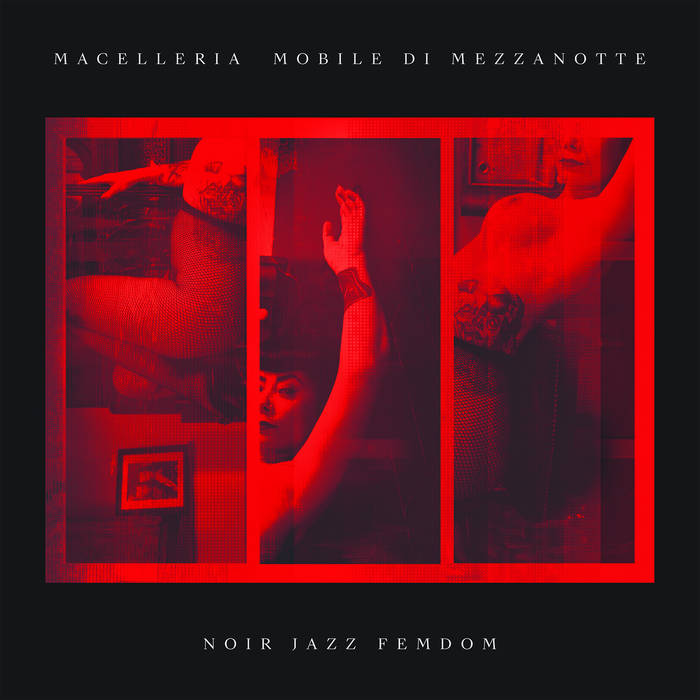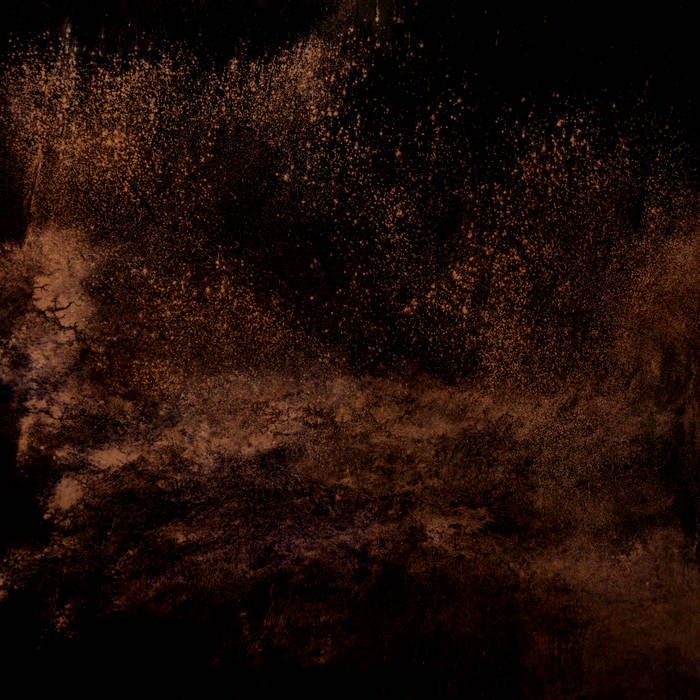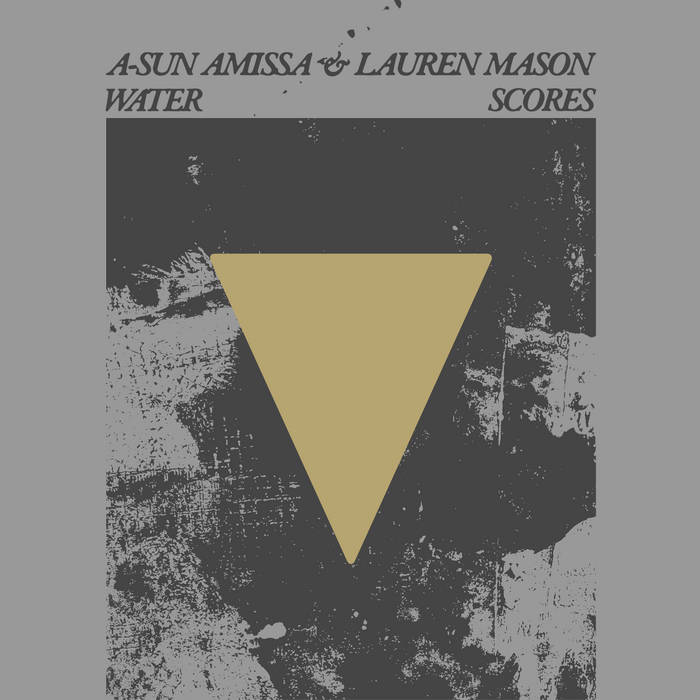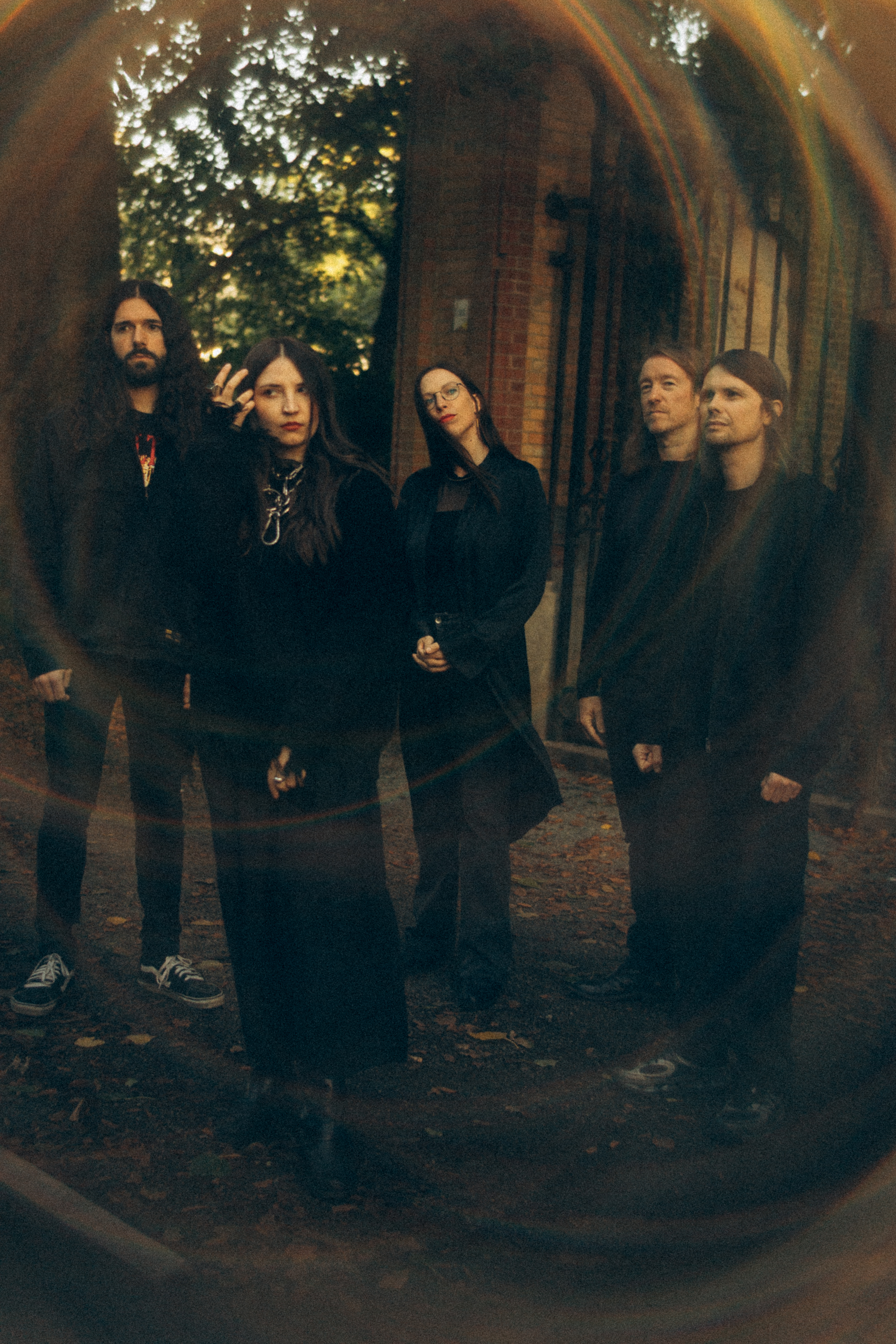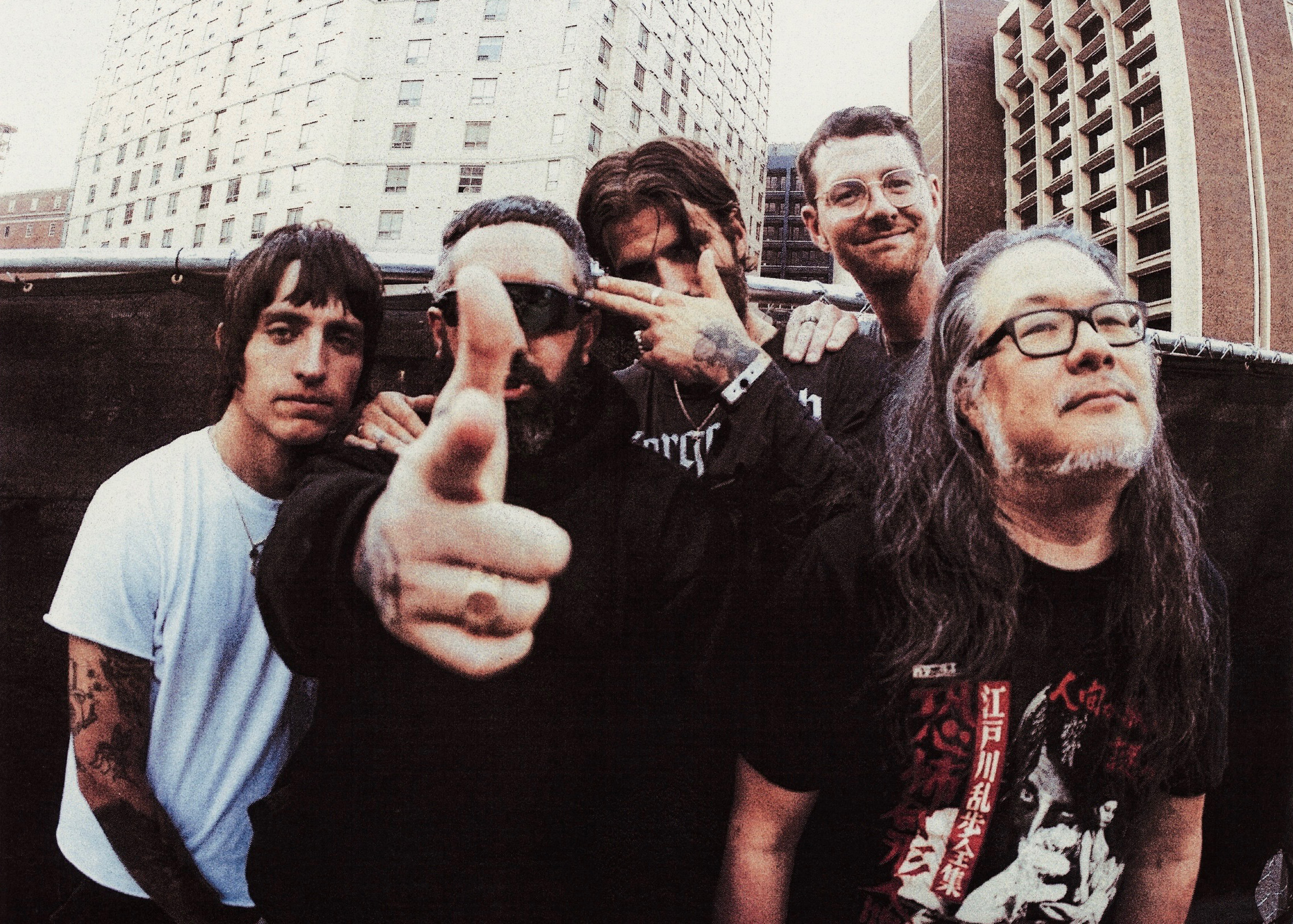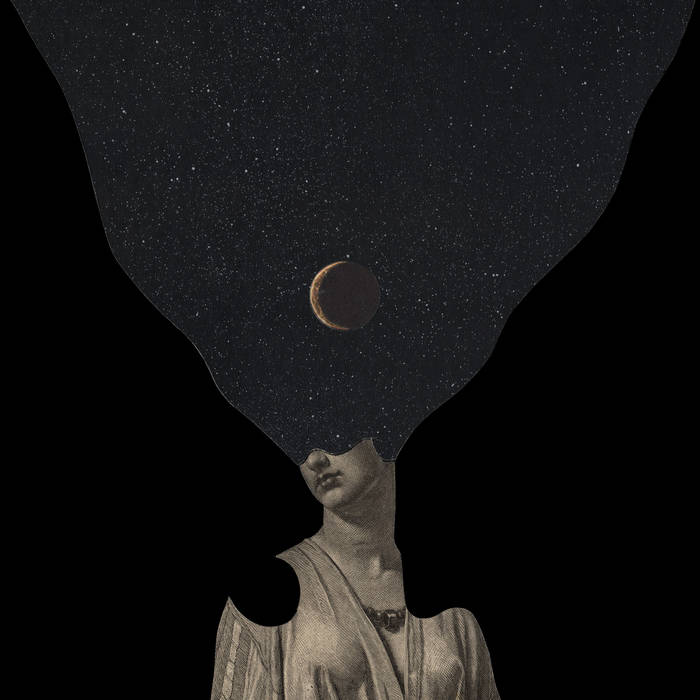A band that is as much Wardruna, Heilung and Tenhi as it is Boards of Canada, Plaid and Tim Hecker is definitely a very interesting idea.
Often there are musical realms whose ideas or rather the concepts which they indirect represent are in a way diametric. Pagan folk is a music tied to a world long gone, lost before the Dark Ages and the final rise of Christianity after the first millenium AD. Ambient artists on the other hand are very often associated with a futuristic idea of mankind, a mankind post-mankind where a kind of mechanical, spherical interpretation of human life and interaction has become the norm.
Now sometimes a band can combine such disconnected realms and thus challenge our concepts of music and what is stands for. Osi and the Jupiter, the two-man project from the woods and hills of Ohio is such a band. Fronted by multi-instrumentalist/singer Sean Kratz, the band is able to purvey such an authentic image of Scandinavian pagan music that it is not primarily ritualistic like Heilung’s but rather contemplative like Wardruna’s that one can hardly believe that Kratz and his companion Kakophonix (what a stage name!) are from North America. You need to listen very closely to the vocal parts in order to hear some kind of American accent.
The attentive reader will challenge my notion of an ambient act – and that might even be true, but there are moments of ambient in this record. Listen to the soft pluckering and spacious background for opening track “Fjörgyn” or the intro to “Nordlige Eik Tre”. This is definitely ambient but they are so perfectly surrounded by natural sounds like a violin or even some field recordings that it is really hard to grasp the electronic nature of these sounds. And that is something where I must admit being a bit awestruck by Osi and the Jupiter. They combine these two worlds and in some way it makes sense. The pagan origins of their music and the post-Christian idea of ambient music blend in their denial of values dictated by the Roman church and all its antecedents. This is a kind of post-modern pagan music, connecting two different sound systems with equally anti-Roman ideals and an idea of mankind trying to look for its lost destiny. An idea deeply rooted in the notion that man must live in connection to nature – but not deny the beauty of modern achievements. Eisenwald has released yet another eclectic non-hectic musical masterpiece.

